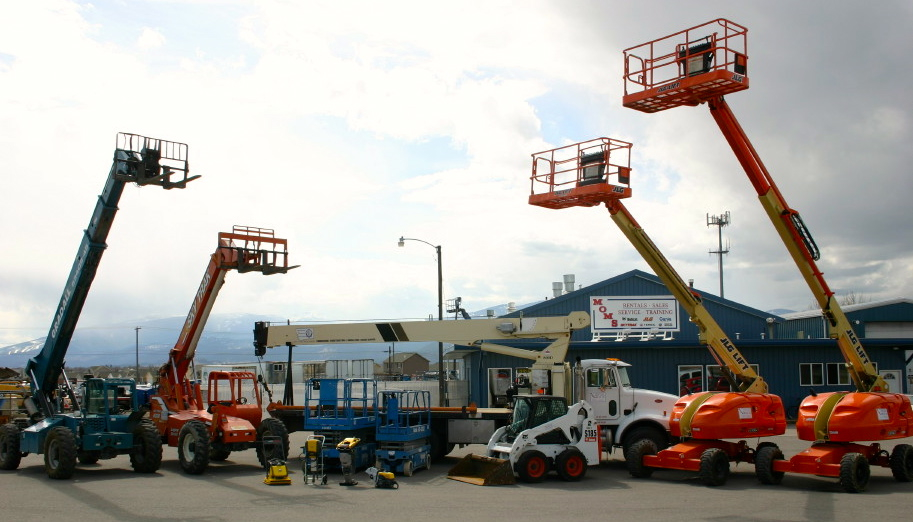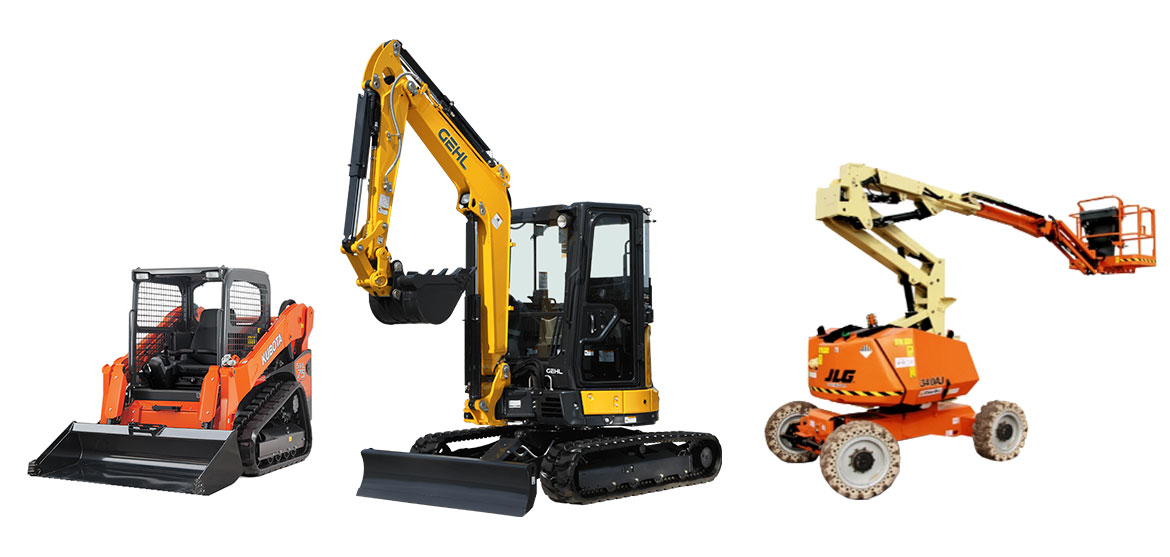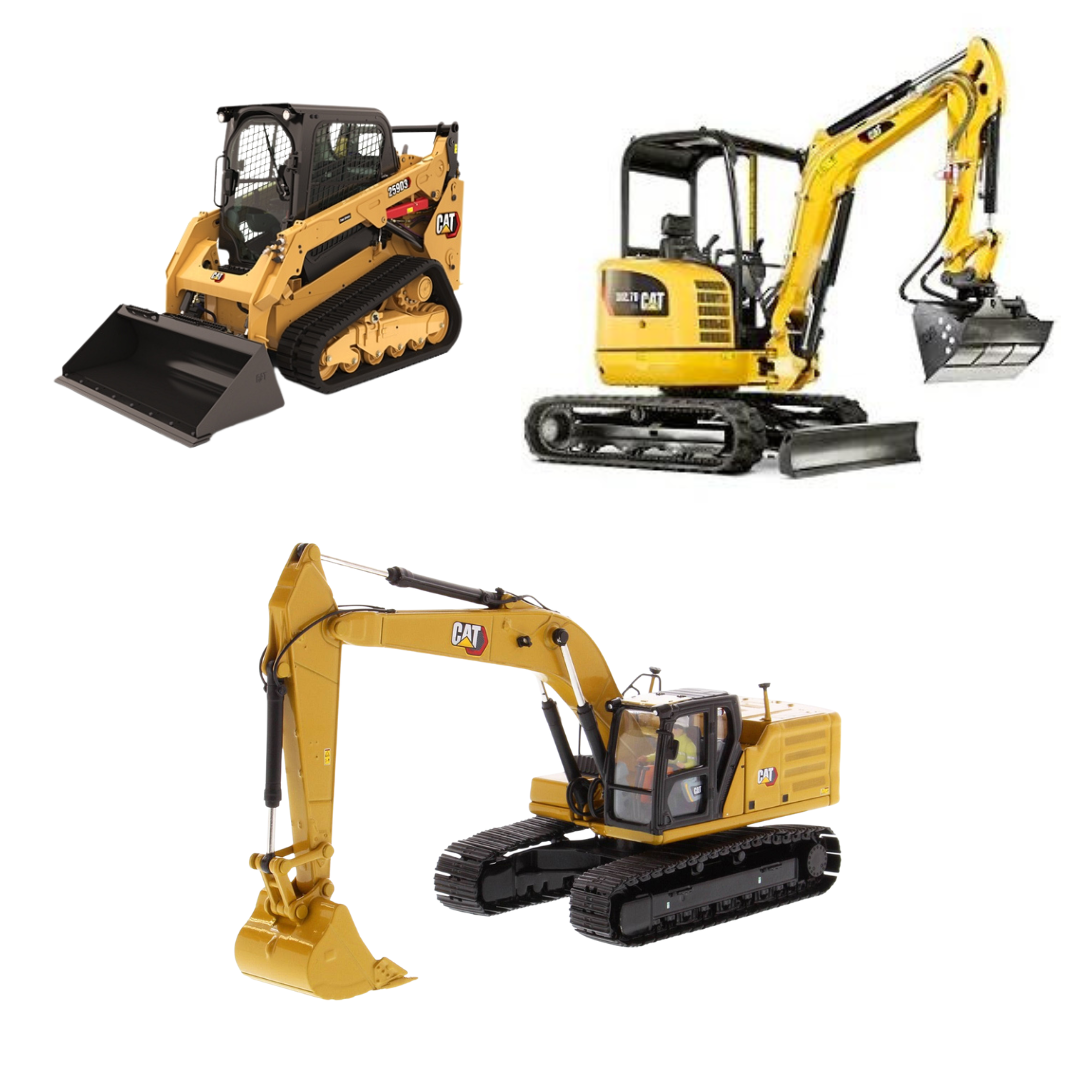Construction Equipment Rentals: Sturdy Equipment for Your Projects
Construction Equipment Rentals: Sturdy Equipment for Your Projects
Blog Article
Maximize Your Budget by Understanding the Costs Connected With Construction Devices Services
Recognizing the complete extent of prices connected with building and construction equipment services is important for optimizing your spending plan. What methods can be used to properly manage these prices and guarantee a much more effective rental experience?
Overview of Rental Prices
When taking into consideration building tools rentals, understanding the linked prices is vital for reliable budgeting and task preparation. Rental expenses can vary considerably based on numerous factors, consisting of tools kind, duration of service, and place. The first rental fee typically shows the equipment's market demand and its linked operational capacities, influencing the overall cost.
Along with the base rental rate, secondary costs may occur, such as transport fees, gas surcharges, and maintenance fees. It is crucial to account for these added expenses to properly evaluate the overall price of renting equipment. The rental duration can influence pricing; longer rentals may qualify for discounted rates, while short-term leasings may incur higher daily charges.

Break Down of Rental Prices
A comprehensive understanding of rental rates is important for professionals and task supervisors intending to optimize their budget plans. Rental prices for building and construction tools usually consist of several components, consisting of base rates, time-based charges, and use costs.
Base prices are the core fees linked with the service of the devices, often identified by the kind and dimension of the equipment. These prices can differ dramatically, influenced by factors such as devices demand, schedule, and regional market fads. Time-based costs, which might be daily, weekly, or monthly, offer to suit different project timelines and rental durations.
In addition, rental prices may consist of usage costs, which apply when devices is utilized past a defined limit, making sure that the rental firm can make up deterioration. Seasonal need changes can also impact rental rates, with peak construction periods typically commanding higher costs.
In addition, recognizing the rental business's plans pertaining to upkeep and insurance policy can provide further understanding right into the overall cost framework. By analyzing these elements, professionals can make informed decisions, guaranteeing the selection of rental devices straightens with both task requirements and spending plan constraints.
Added Charges to Think About
Comprehending the intricacies of added fees is crucial for professionals to handle their total service expenses effectively. Beyond the common rental rates, various supplemental fees can substantially affect the complete price of equipment leasing. These charges typically include delivery and pick-up charges, which can vary based upon range and logistics associated with delivering the tools to and from the job website.
Moreover, some rental firms might enforce fuel surcharges if the tools is returned with less fuel than when rented. It is also necessary to know potential cleaning costs, particularly for customized equipment that calls for complete maintenance after usage.

Thoroughly evaluating the rental contract and clarifying these extra costs ahead of time can help service providers ensure and avoid unforeseen costs that budget plans stay intact throughout the project lifecycle.
Upkeep and Repair Work Expenses
Routine maintenance and repair work expenses are typically forgotten aspects that can dramatically influence the overall price of building devices leasings. When renting devices, it is crucial to consider not just the rental charges but additionally the possible costs connected with maintaining the equipment in ideal operating problem.
Many rental business include fundamental upkeep as part of the rental contract; nevertheless, extra unanticipated breakdowns or substantial repair services can bring about additional expenses. It's vital to evaluate the rental agreement meticulously to understand what upkeep services are covered and what responsibilities fall on the occupant.
In addition, devices that is not well-maintained can cause inefficiencies on the task site, possibly causing delays and increasing job expenses. To minimize these dangers, it is advisable used track skid steer for sale near me to perform routine assessments and maintain open communication with the rental service provider pertaining to any problems that develop during usage.
Insurance and Obligation Prices
Insurance policy and liability costs are critical parts that can significantly affect the general expenditure of building and construction tools rentals (mini excavator rental). These prices make certain that both the rental company and the client are shielded from potential economic losses emerging from accidents, damages, or burglary during the rental period

Additionally, clients need to recognize any type of deductibles or exclusions in the insurance plan, as these can influence prospective out-of-pocket expenditures. Recognizing the terms of any insurance policy protection is crucial to stay clear of unforeseen expenses. Eventually, budgeting for insurance and liability costs can help ensure a smoother rental experience and safeguard against financial dangers connected with building and construction jobs.
Verdict
In verdict, an extensive understanding of the costs related to construction tools services is necessary for effective budget plan management. By analyzing rental rates, additional charges, upkeep expenditures, and insurance requirements, companies and people can decrease unexpected expenditures. This calculated method not only boosts cost-effectiveness but likewise makes certain that tasks progress smoothly and efficiently. Inevitably, educated decision-making relating to equipment rentals adds to the overall success of building ventures.
Rental expenses can differ significantly straight from the source based on several aspects, including tools type, duration of leasing, and place (dozer rental). The rental period can impact prices; longer rentals may qualify for reduced prices, while temporary rentals may incur higher day-to-day charges
By carrying out extensive research look at this website and involving with credible rental companies, contractors can efficiently navigate the intricacies of rental pricing, inevitably maximizing their financial resources.
Past the basic rental prices, various supplementary costs can significantly affect the complete price of tools leasing. Rental companies typically give responsibility insurance that covers injuries to third events or damage to building, while tools damage insurance policy can cover the expense of fixings or replacement if the rented out tools is damaged.
Report this page